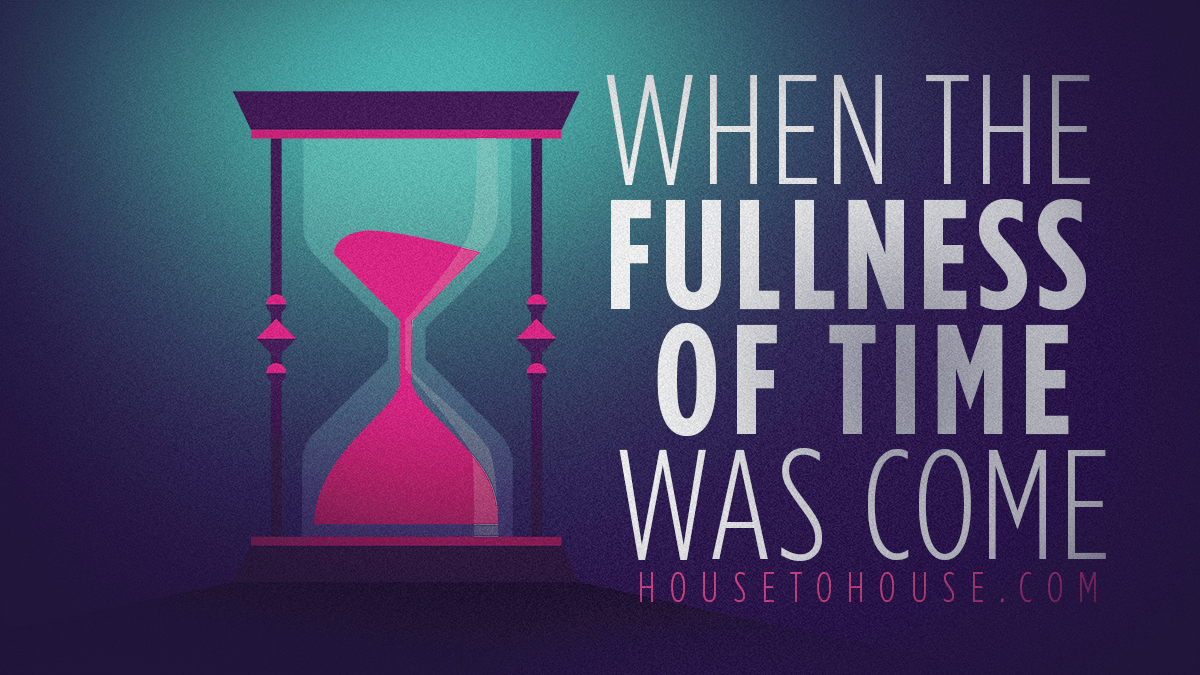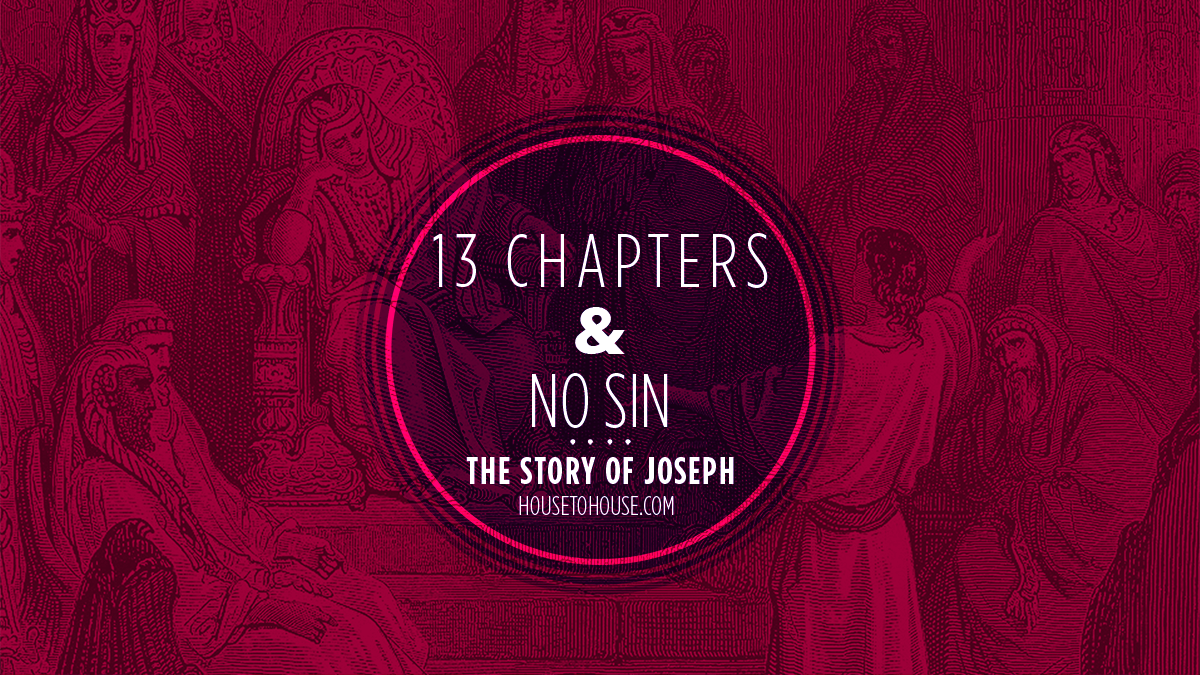Practically all churches take the Lord’s supper but differ as to how often to eat it.[1] Some partake weekly; others monthly; many, quarterly; and, sometimes only annually. Which is right? Does it make any difference?
Some interpret Paul’s statement: “As often as ye eat this bread, and drink this cup, ye do shew the Lord’s death till he come” (1 Corinthians 11:26) to mean that Christians may partake whenever they wish. Would God put something of such importance as His Son’s memory into the realm of human opinion? (Colossians 3:17). Let us explore the related Scriptures.
The Lord’s church takes the Lord’s supper each Lord’s day for five reasons.
To Receive the Strength It Provides.
Those who misused the Lord’s supper became spiritually weak (1 Corinthians 11:29-30). Conversely, those who partake sincerely and appropriately are strengthened. God has provided the means to sustain and strengthen the faith of his children (2 Corinthians 12:9; Philippians 4:13). A primary means for strengthening Christians is the Lord’s supper. The lunch table strengthens the body; the Lord’s table refreshes the soul.
When Christ dwells in our hearts by faith it strengthens the inner man (Ephesians 3:16-17; cf. 2 Timothy 4:17). This faith is engaged and developed during the supper.
- By faith we believe that Jesus sits at the table with us (Luke 22:16-18; cf. 24:32). How could anyone have a meal with Christ without being better?
- By faith we see the events of Calvary. How can one fix his mind on the cross and not come away more resolved to live for the Redeemer? (2 Corinthians 5:14-15).
- By faith we remember the historical link between this Sunday and His resurrection—a connection that does not exist on any other day (Matthew 28:1).
- By faith Christians are strengthened by meditating on Scripture (Psalm 1:3) and prayer (Colossians 1:9-11), during the Lord’s supper.
Who would be so bold as to say that he does not need to be reminded of the Lord’s sacrifice? (2 Peter 1:13; 3:1). Since most find it difficult to deal with Satan’s temptations despite the safeguards God has provided, the Lord’s supper each Sunday is vital to a strong church.
To Give Christ the Glory He Deserves (1 Corinthians 11:20-29).
Jesus might not be the focus of the sermon on a given Sunday. It might so happen that no song mentions Calvary. Prayer leaders might focus on praising the Father rather than the Son that day. But during the Lord’s supper the spotlight is always on Jesus and what He did at Calvary.
Paul emphasizes “the Lord” in discussing the supper:
- It is the Lord’s supper (1 Corinthians 11:20),
- that focuses on the Lord’s death (11:26),
- in memory of the Lord’s blood (11:27).
- It is the Lord’s bread (11:27),
- and the Lord’s cup (11:27),
- that reminds us of the Lord’s body (11:29).
If we skip the Lord’s supper, then we miss an opportunity to honor Him. Why glorify Him only four times a year when we can glorify Him fifty-two times?
To Increase Opportunities for Sinners to Learn the Gospel.
Every time we eat the Lord’s supper we proclaim the gospel. The bread and juice “shew forth the Lord’s death till he come” (1 Corinthians 11:26). The supper teaches non-members of His sacrifice and reminds the Bride to remain pure for the coming wedding.
Whereas Old Testament worship was hands-on, sensory, and visual, New Testament worship is more spiritual and cerebral. The exception is the supper. It is participatory even more than the singing and offering. A visual age—especially children and unbelievers—benefits from this most visible worship act. Like a child who participates in a July Fourth celebration learns about His country, so an unbeliever who sees the supper learns about His Lord.
Some churches offer communion as an option in a side room, rather than in the main worship service. Why? They believe “seekers” see communion as a strange practice that dwells too much on death. They are afraid it will frighten them away.
Are modern services devoid of any meaningful reference to the cross an improvement? Bring back the supper for a gospel-centered, Christ-ordained worship centerpiece. The Lord’s supper is not a side show but central part of worship for the whole body of believers.
Familiarity breeds contempt, some say, but Paul does not reason that since the Corinthians abused weekly communion, they should take it less often. Instead he focuses their attention more clearly on the solemn facts which the supper represents. He tells them to do it better.
Endnotes
-
- [1]ROMAN CATHOLICS and EPISCOPALIANS. Daily mass is observed and usually required as a “perpetual sacrifice of Christ’s blood,” better known as Holy Eucharist. To Catholics, the bread becomes the actual body of Christ and the wine His actual blood. This is known as “Transubstantiation.” Sins are forgiven as part of Mass. (Forgiveness comes from obeying the gospel and walking in the light [Acts 2:38; 1 John 1:7-2:1-4]).
- LUTHERAN teaching on the Lord’s supper, “Consubstantiation,” is distinctive. When a Lutheran priest blesses the bread, Lutherans believe that the true body and blood of Christ are under the bread and wine.
- METHODISTS. The Lord’s supper is taken once a quarter.
- BAPTISTs do not offer the Lord’s supper upon every first day of the week. They also believe in closed communion, which means that only those who have been voted into the church can take communion.
- PRESBYTERIANS take the Lord’s supper every quarter usually. A collection for the poor is associated with the observance of the Lord’s supper.
- JEHOVAH WITNESSES. The Lord’s supper is taken once a year after sundown on the “exact day” of the year Christ died. Unleavened bread and fermented wine are used for the communion, and only those of the “heavenly elect” (144,000) can partake of the Lord’s supper.
- MORMONS‘ Sunday worship includes weekly observance of the Lord’s supper. They use light bread and water instead of unleavened bread and grape juice.
- SEVENTH-DAY ADVENTIST worship services are held on the Sabbath which begins Friday at sundown and lasts until Saturday at sundown. The Lord’s supper is usually observed once a quarter and always preceded by the observance of foot-washing.
- NAZARENES. The minister is to invite “all those who have with true repentance forsaken their sins and have believed in Christ for salvation” to take communion.
- PENTECOSTALS. The unique teaching that separates Pentecostals from other religious bodies is that they teach that divine healing takes place while they partake of the Lord’s supper. They believe that the communion is a quickening life of Christ for their healing.
- CHRISTIAN SCIENCE have eliminated the Lord’s supper from their worship. They hold “communion services“ in the branch services twice a year, but on these occasions, neither bread nor wine is used. It is basically a type of meditation











